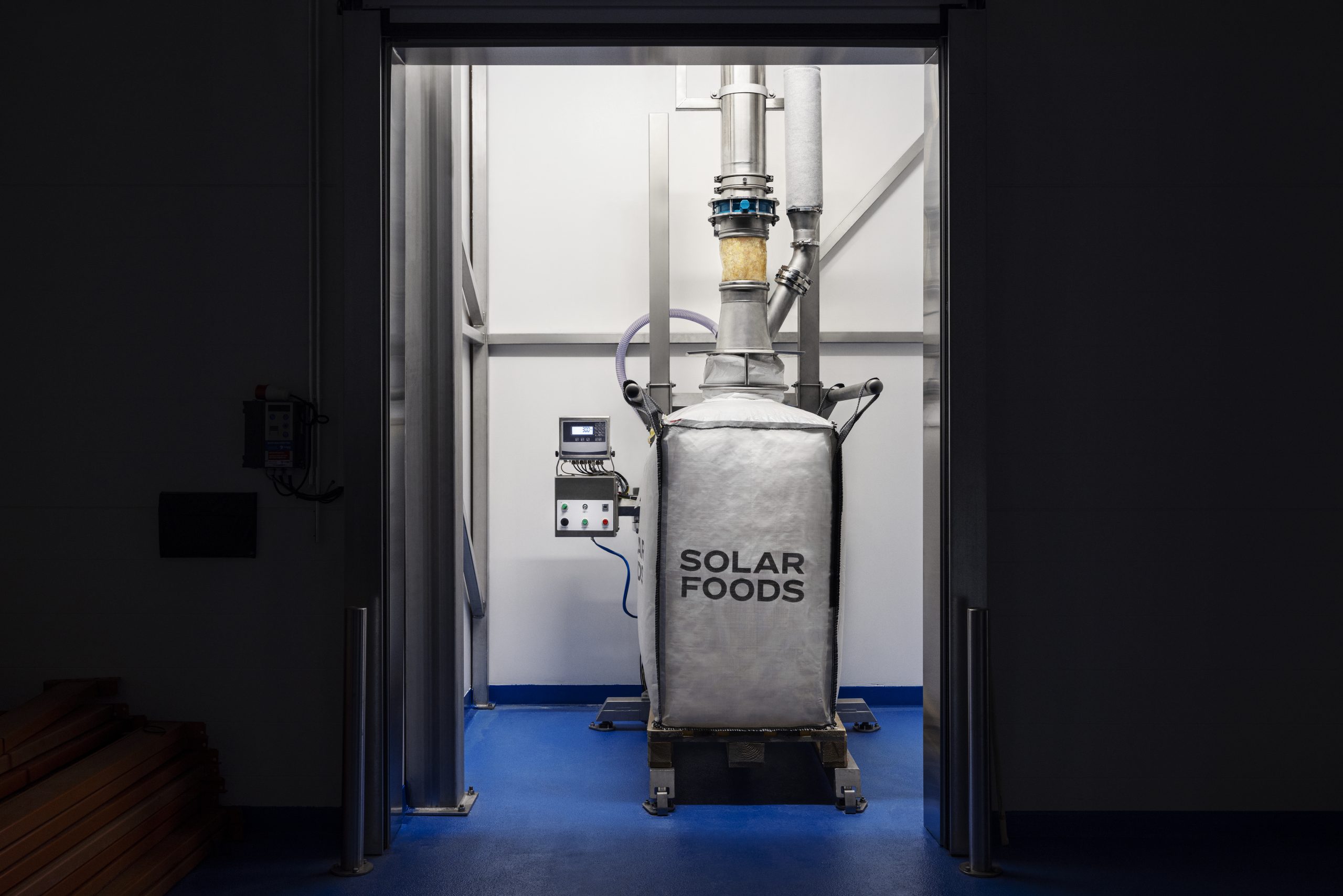Nutritional supplements are no substitute for a healthy diet
Tijn Touber| December 2006 issue
Green tea extracts, beta carotene, selenium, grape seed extract, high doses of vitamins E and C, aloe vera… if you want to take antioxidants in capsules or tablets, you’ve got a wide selection. And you’re not alone—approximately half the population of the world’s wealthier countries do the same. With annual sales of $23 billion ($18 billion euros) in the U.S. alone, the nutritional-supplement industry is booming. The only question is this: How effective are antioxidants in pill form? New Scientist (Aug. 5, 2006) has a shocking answer: not at all. In fact, the British science magazine has reached a damning conclusion: Antioxidants are at best a waste of money; at worst, they’re a danger to health. The magazine disputes a multitude of reputable conventional and alternative doctors who advocate the use of nutritional supplements, calling the buzz around these products the “antioxidant myth.”
The story begins in the 1950s, when scientists linked destructive chemicals in the body called “free radicals” with a range of diseases, including cardiovascular illnesses, cancer, diabetes, Parkinson’s, Alzheimer’s and even the aging process. A free radical is an unstable molecule that’s missing an electron. To stabilize itself, it “steals” an electron from another molecule (such as a protein, a fat or DNA), starting a destructive chain reaction in which new free radicals are created. This process is called oxidation, since oxygen plays an important role. Free radicals are inevitable, and oxidation processes in the body are useful to an extent.
Thirty years later, scientists found a plausible explanation for the fact that people who eat a lot of fruits and vegetables are less likely to suffer from the aforementioned diseases. Fruits and vegetables are rich sources of antioxidants—substances that can neutralize free radicals by giving up an electron. Out of this logical hypothesis, a massive industry arose.
And yet, according to New Scientist, various double-blind, randomized and placebo-controlled studies into the health effects of antioxidants have found that they do not produce the desired results, except in vitro. In the human body, they appear powerless. The alarm was first sounded in a study carried out by the U.S. National Cancer Institute in 1992. Beta carotene—then the star among antioxidants—was tested in more than 18,000 people with an elevated risk of lung cancer. The study was meant to take six years but was stopped after four, when it was discovered that participants who took beta carotene were 28 percent more likely to get lung cancer, and 17 percent more likely to die of it.
Vitamin E, too, behaves differently in the body than in a test tube. That’s not to say it’s not an essential part of our diet, but what exactly it does is still not clear. Even vitamin C, taken by millions around the world, is not a proven treatment. New York University School of Medicine’s broad-based Women’s Health Study, for example, found that vitamin C supplements accelerated arteriosclerosis in people with diabetes.
New Scientist’s conclusions contrast sharply with the opinions of many doctors who recommend supplements. The difference may be attributable to the fact that the studies cited in the magazine were ones in which suspected active ingredients are isolated and tested for effectiveness. Many scientists, however, point out that substances seldom work in isolation, but instead usually act in conjunction with others. Different vitamins—such as C, E and beta carotene—enhance each other. This raises the question of how much weight should be attached to the results of research into isolated substances.
Besides, as their proponents argue, vitamin supplements were never intended to replace vegetables and fruit. Instead, they should be viewed as a way to address deficiencies and reinforce the vitamins you should already be getting from a healthy, varied diet.
But New Scientist’s attack on the nutritional-supplement industry underscores that vitamin pills are no substitute for healthy eating. The advantages of a diet rich in fruits and vegetables cannot be reproduced by extracting the active ingredients and administering them in isolation. The effectiveness of “healthy” pills is limited.











